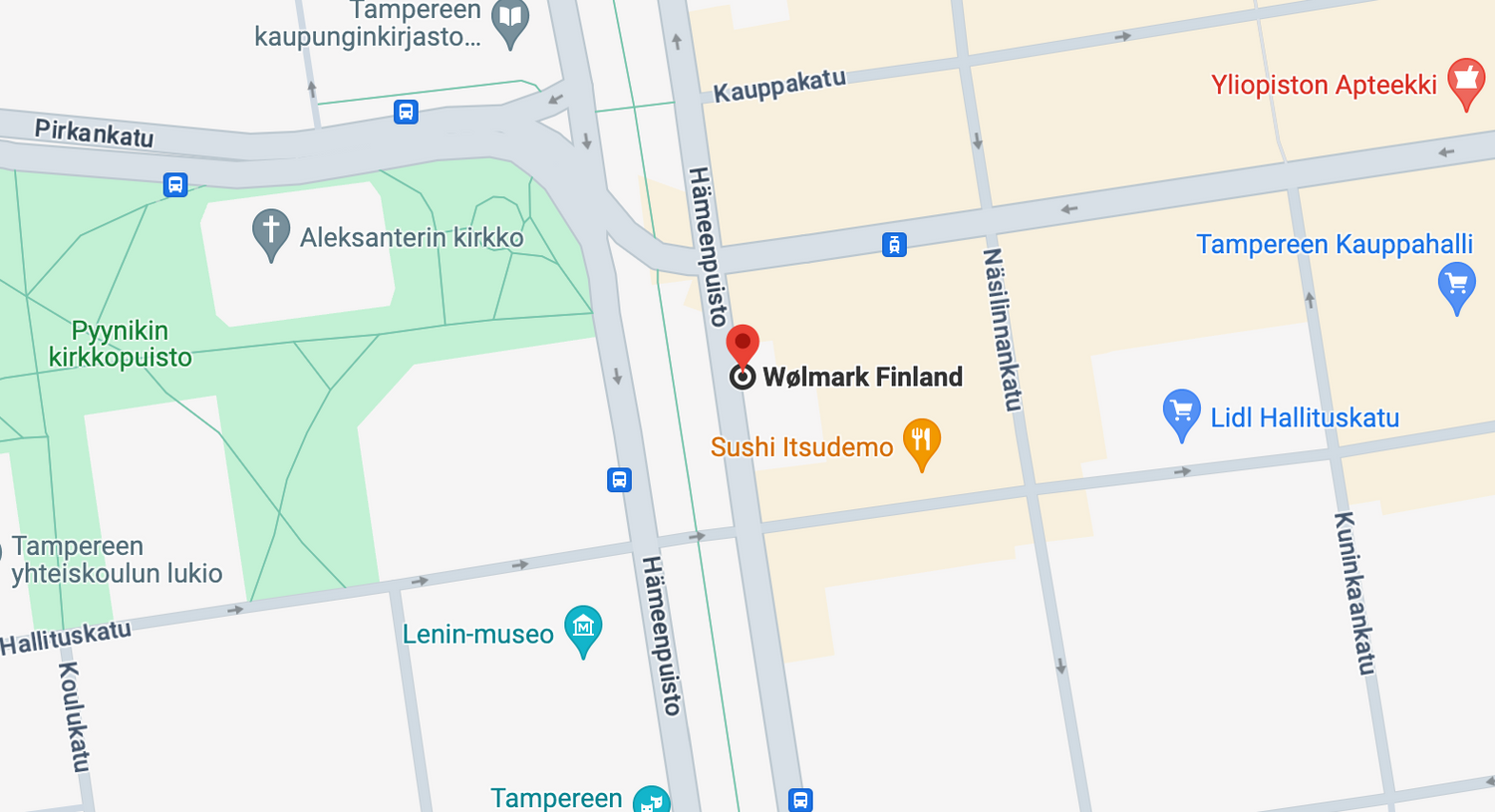TAKE CONTACT
We hope that you contact us with a low threshold. Whether there is a problem with the product or you want to hear detailed information about the operation. We are here for you.

Wølmark X Camping shop
Hämeenpuisto 31,
33200 TAMPERE
Visiting hours:
Mon - Fri: 11.00 - 18.00
